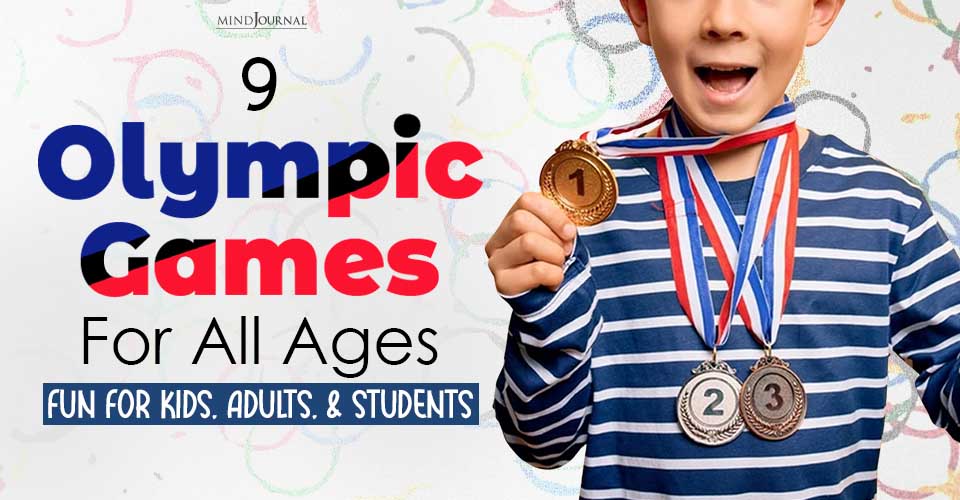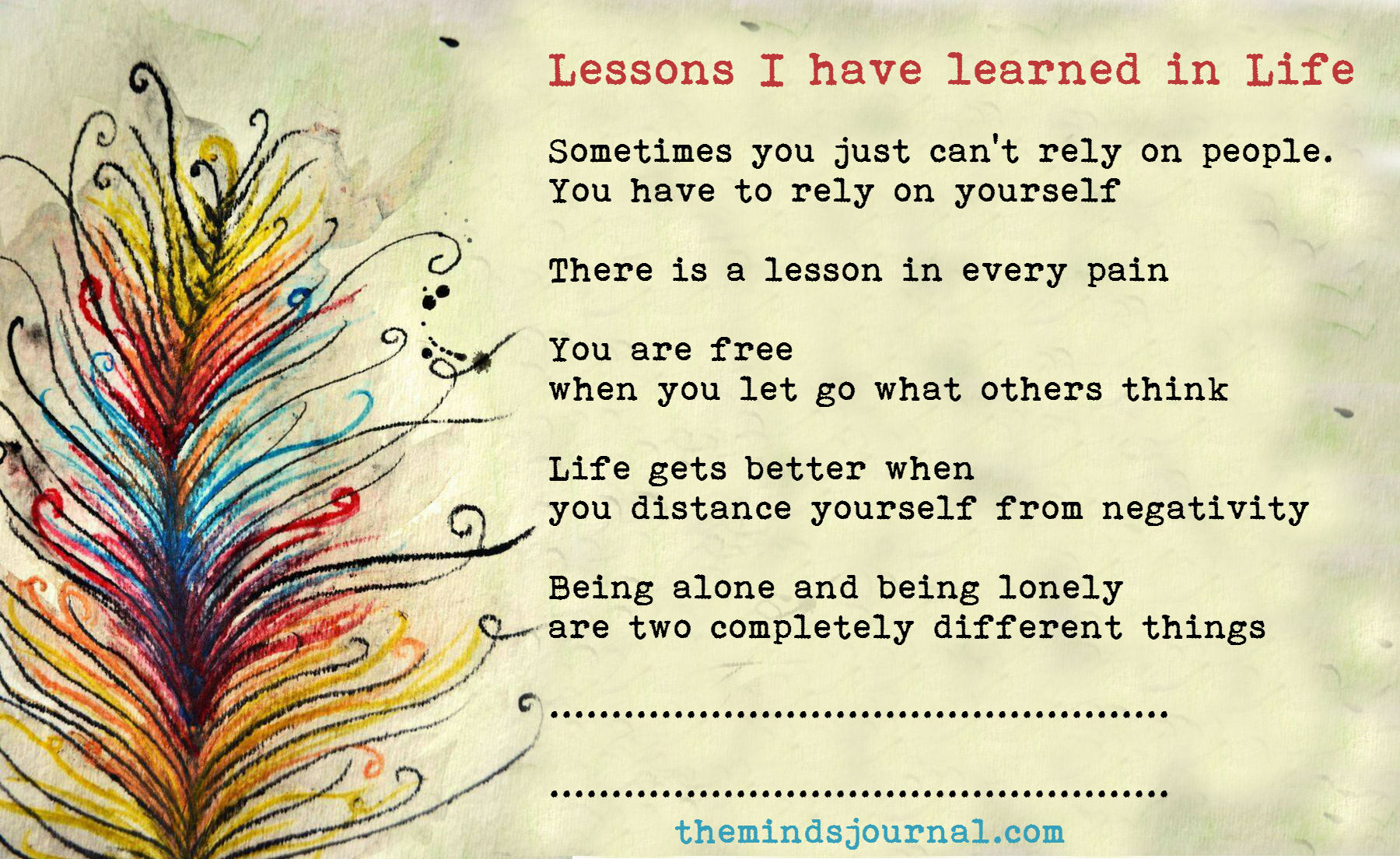Do have big dreams? Do you daydream more than you take action? Do you constantly lose focus and struggle to get back on track? Then you need to consider a few things about yourself first if you wish to change start taking action and stop drifting around.
The time I spent in grad school was one of the most exciting periods of my life. It was also one of the most dangerous.
Once a week, I would drive about 100 miles to the seminary where I was taking courses. The drive to the seminary in the early morning was fine, but the drive back at night was a killer. After sitting in class all day, I would get extremely drowsy and sometimes start drifting off the side of the road.
Drifting is dangerous, whether it’s happening in a car or in your creative life.
There are several reasons we start to drift: being too busy, feeling overwhelmed, not having clarity in your life, or just plain being tired.
Whatever the reasons, the end result of drifting is the same: we lose focus and start heading toward the danger zone of confusion and frustration.
So how can we stop drifting and get back on track?
Instead of offering “one size fits all” solutions, I want to offer four great questions can help us think about critical issues and clarify our direction. They are designed to spur your thinking about your overall direction in life, as well as a more specific direction for your creative work.
4 Questions To Help You Stop Drifting and Get Back In Track
1. The question of identity: WHO AM I?
The familiar phrase “Know thyself” is attributed to Socrates (but actually predates him). Regardless of who said it first, it is a piece of wisdom every artist should follow. If you don’t know who you truly are, you won’t carve out your unique place in the universe and make the art only you can make.
If you don’t know who you truly are, you won’t carve out your unique place in the universe.
When I speak of knowing yourself, I’m specifically talking about three items: your personality, your skills, and your spiritual gifts. When you know how you’re wired and what your skills are (and aren’t), it frees you up to truly be yourself. It also releases you from the obligation of trying to be someone you’re not.
This is why I’m a big advocate of personality and spiritual gift inventories. It’s much better to work with your personality and gifting than against it.
Read 50 Questions To Ask Yourself To Know Your Deepest Insecurities
2. The question of purpose: WHY AM I HERE?
This question deals with your purpose and calling.
When you dive into the issue of “Why am I here?” things can get existential pretty quickly. But I like to keep things practical, so here I’m referring to your creative purpose (the ultimate aim of what you want to accomplish), as well as your spiritual creative calling (what God is calling you to do vocationally). There is definitely some overlap between these areas, but they are separate enough to warrant their own categories.
When you are clear about your purpose and calling, you have a sense of mission and momentum that will help keep you going despite obstacles. After all, your calling isn’t so much something you decided to do on your own; rather, it’s what God has put into your heart to accomplish.
The great writer Frederick Buechner said, “The place God calls you to is the place where your deep gladness and the world’s deep hunger meet.” I can’t think of a better way to define your purpose.
The place God calls you to is the place where your deep gladness and the world’s deep hunger meet. –Frederick Buechner
Read 60+ Inspirational Quotes To Motivate You In Life
3. The question of audience: WHO AM I SERVING?
This is an area where many artists and creative people get hung up. In the Christian community, we are pretty good at helping people have a sense of purpose and mission. But defining your audience is a whole different ballgame.
Sometimes we are reluctant to define a specific audience for our creative work because it feels like we are leaving people out. But the harsh reality is that not every single person will be interested in your work anyway. At any given time, you will only reach a portion of the population. If you’re only going to reach some and not all, why not make an intentional choice and be more successful?
When you define your audience, it means that you are beginning to treat your art like a business instead of a hobby. In the business world, this is called your ideal customer. In the Christian community, sometimes we are uneasy mixing a sense of business and divine mission. We feel like we are somehow compromising our values if we treat our art like a business. Instead, the opposite is true: treating our art like a business can allow us to reach more people and do much better work.
Treating your art like a business can allow you to reach more people and do better work.
It doesn’t necessarily mean your goal has to be making money. It just means that you take your art seriously by setting goals and holding yourself accountable for results.
One of the key elements of being a professional is the willingness to define the person you’re reaching with your creative work. Who will read, listen to, watch, or purchase your products and services? (Even though you may be involved in art as a ministry, it’s still helpful to think about your ideal audience.)
Here’s an example:
A few months ago I spoke to someone who had written a book, an autobiography of sorts, and they asked for some suggestions on self-publishing it. I gave them a few thoughts, and then asked if they had a plan for doing a book launch or building some type of audience.
I think the question caught them by surprise because they had never considered the idea of building an audience before publishing the book. They hoped that somehow, the audience would magically materialize once the book was released.
That story illustrates why it’s so important to think about your audience before putting a lot of time and effort into a project you hope people will buy. Once you do that, and also have a clear idea of your identity and purpose, you’re in a much better position to create work that will connect with people.
4. The question of work: WHAT SHOULD I BE DOING?
After we have gained clarity about our identity, calling, and audience, we then must decide on what we should specifically be doing with our time. In business terms, our “art” is the product or service that we create for others to enjoy.
It’s very easy to get this process mixed up because we want to get to the fun part of making stuff. And let me be clear: I’m not suggesting that everything we create has to be for a business purpose, or must have a set audience in mind. That would drive any creative person crazy. You must have some creative outlets that are just for you, with no other purpose than to serve as a creative outlet.
A good example of this is the treehouse I built for my son a few years ago. It had no business purpose but I had a blast doing it, and learned a lot in the process. It definitely boosted my creativity. (Here’s a video tour of the treehouse.)
The question, “What should I be doing?” mainly concerns productivity and concerns three areas: your goals, your use of time, and your commitments.
You must be clear on these three areas in order to be productive. It’s vital to have a clear handle on how you’re spending your time, and whether you are setting and reaching goals that will produce results for you. It’s also vital that your commitments in life aren’t working against your creative goals.
I know I’ve given you a lot to think about in this post, and in future posts in this series, I’ll be breaking down each of these questions individually, as well as the issues within each one of them. Each question can help you stop drifting and start focusing in your creative life. I hope you’ll take a few moments to think about each of them and whether you can clearly answer each of them.
Read 7 Tips To Train Your Brain To Stay Positive
Note: This post is part of the “5 Cups of Creativity” series. For previous posts in the series, click here.
Written by Kent Sanders
Originally appeared on Kent Sanders










Leave a Reply